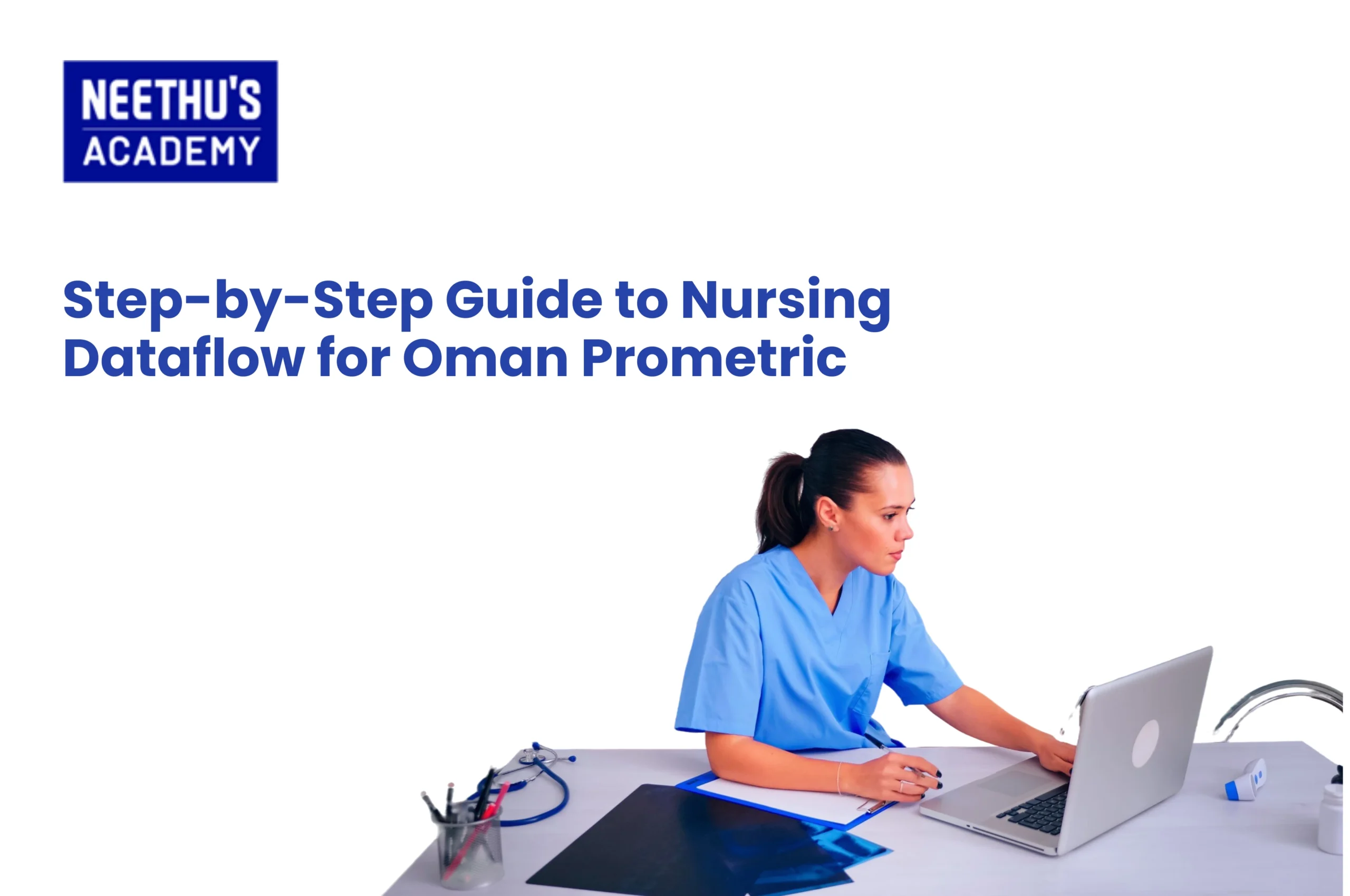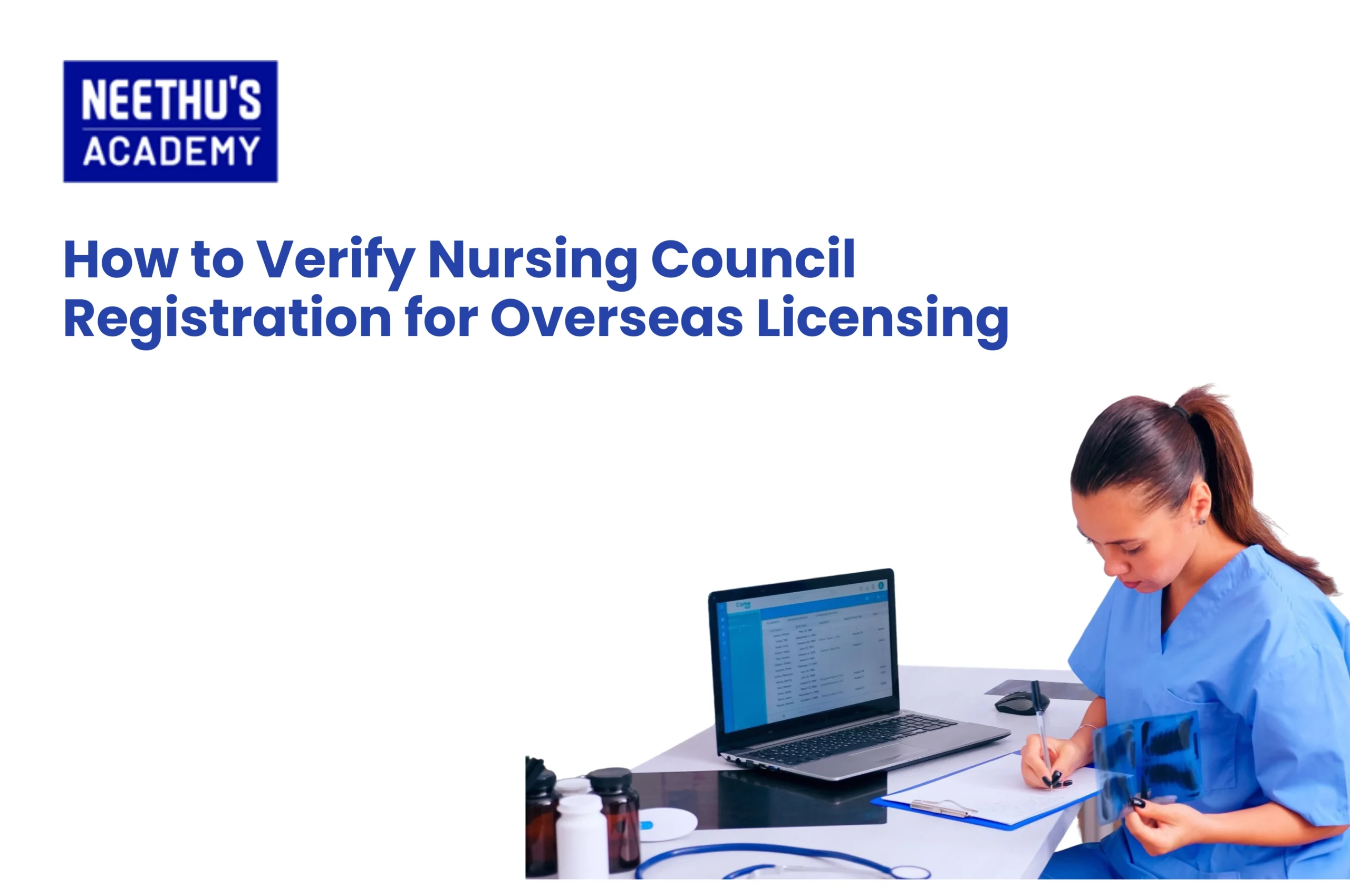OSCE is a critical assessment for healthcare professionals that tests not only the clinical knowledge but also the practical and communication skills…

How To Prepare For The OSCE Mental Health Station
OSCE mental health preparation is a milestone for nurses, especially overseas nurses who intend to register with the NMC (Nursing and Midwifery Council) in the UK. OSCE mental health station is one of the most challenging stations emotionally and intellectually because it assesses not only clinical knowledge but also your emotional intelligence, communication skills, and capacity to stay calm and empathetic in delicate situations.
Mental health nursing is an essential component of holistic nursing, and health professionals need to recognize, assess, and manage mental illness. Whether it is dealing with a suicidal client, a psychotic patient, or someone anxious, you need to demonstrate core competencies sensitively and professionally.
Here in this blog, we shall guide you through all you must do and know regarding how to prepare for OSCE mental health station, such as standard scenarios, key OSCE mental skills, and effective tips.
Common Mental Health Scenarios in OSCEs
While preparing, you need to get yourself acquainted with the scenarios used in mental health OSCE stations. They are derived from actual clinical encounters and evaluate your ability to manage stressful emotional and psychological demands.
Below are some of the most frequently encountered OSCE mental health scenarios:
Depression: You would need to evaluate a patient’s mood, sleep, appetite, and activity level. Suicide risk would be evaluated with top priority here.
Anxiety Disorders: These types of cases might involve patients who present with panic attacks or generalised anxiety. Your job is to calm down the patient and take a history of symptoms.
Psychosis: You may need to cope with patients with hallucinations, delusions, or disorganised thinking. Remain calm, avoid confrontation, and ensure safety.
Suicidal Ideation and Self-Harm: This is the most sensitive topic within mental health OSCEs. You will be tested on how you can identify risk and provide immediate support while ensuring the patient’s safety.
Dementia: Communication with confused or disoriented patients needs compassion, repetition, and patience.
Personality Disorders or Aggression: Management of emotional turbulence while keeping professional boundaries intact is essential.
Delirium: Since this is prevalent in elderly patients, you will be tested on how accurately you distinguish it from psychiatric illness.
These mental health OSCE stations aim to assess how effectively you can combine empathy with clinical judgment in a pressured environment.
Core Skills to Show Answer
To succeed at an OSCE nurse mental health station, you need to show the following core skills:
1. Communication and Empathy
Greet the patient, identify yourself, and build rapport.
Employ open-ended questions like “How are you feeling?”
Show active listening—nodding, repeating back, and showing concern.
2. Mental State Examination (MSE)
This involves observation of appearance, behaviour, mood, speech, thought content, perceptions, cognition, and insight.
A good MSE gives insight into the mental state of a patient at the time and guides treatment plans.
3. Risk Assessment
Open but empathetic questioning about suicidal thoughts: “Have you ever thought about harming yourself or killing yourself?”
Evaluate access to means, safety issues, and past attempts.
4. Effective and Safe Care
Ensure patient safety by intensified care where necessary.
Recognize issues regarding safeguarding and take necessary action.
5. Professionalism
Be impartial even though the patient exhibits concerning or unusual behaviors.
Be respectful of diverse culture and feelings.
Maintain confidentiality of the patient throughout the interaction.
Maintaining these OSCE mental skills throughout your interaction is the key to passing the station confidently.
Preparation Strategy
In case you’re thinking of how to prepare OSCE mental health station, having a proper preparation strategy is most important. These are some steps that can help you develop confidence and competence:
1. Familiarize yourself with the OSCE Format
First, read the NMC official OSCE blueprint. This describes how mental health scenarios are structured and assessed.
2. Learn Mental Health Guidelines
Get used to NHS depression, anxiety, psychosis, and suicide risk assessment guidelines. Use PHQ-9 and GAD-7 for symptom scoring.
3. Role Plays Practice
Practice mock scenarios with colleagues or mentors. Conduct several different mental health OSCE scenarios so that you can gain confidence and spontaneity in answering.
4. Use MSE Templates
Practice performing and documenting MSEs until it becomes second nature. This will streamline your activities and make you complete while in the actual exam.
5. Practice Timing Your Stations
Each OSCE station has a time limit. Practice managing your time well so that you can complete the assessment without rushing.
6. Request Constructive Feedback
Get experienced mentors or trainers to assess your communication, risk assessment, and ability to empathize.
With this formal OSCE mental practice format, you are ready for anything.
Top Tips for Exam Day
Despite thorough preparation, exam-day nerves are inevitable. Here are the top OSCE mental wellbeing tips to keep you in command:
Start well: Welcome the patient with a friendly smile, clear introduction, and request for consent prior to commencing.
Be calm and confident: Demonstrate empathy and don’t display shock or judgment, particularly during sensitive discussions.
Use therapeutic silence: Give patients time to process their thoughts. Silence often encourages deeper responses.
Be clear and respectful: Use simple language and repeat key points to ensure understanding.
Summarise and reassure: Let the patient know what support is available and what will happen next.
Don’t guess: If you’re unsure about a diagnosis or protocol, explain that you’ll escalate the concern to a senior team member.
Effective listening, empathy, and time management are critical to success.
Best OSCE Coaching Center in Kerala
While self-learning is necessary, numerous candidates feel that taking a course at an OSCE coaching centre fastens their success. Particularly for overseas nurses, the expert tuition helps fill cultural and communication gaps. If you are seeking the best advice, then Neethu’s Academy is the best place.
We provide:
Tailor-made training modules for the mental health station.
Mock OSCE stations in timed simulation environments.
One-on-one feedback sessions to determine your strengths and areas of development.
Practice with real-time scenarios using trained actors or professionals simulating patients.
Learning from expert instructors can allow you to internalize feedback and correct common pitfalls—improving significantly on test day.
Final Thoughts
OSCE mental health station is part of your nursing evaluation, which is crucial, testing your interpersonal as well as your clinical skills. From examining suicidal thoughts to reassurance of worried patients, your competency should demonstrate professionalism, empathy, and good mental health care knowledge.
By familiarizing yourself with sample general mental health OSCE scenarios, practicing formal MSEs, staying true to evidence-based guidelines, and taking advantage of advice from world-class OSCE tutoring centers, you can sit the exam feeling confident.
OSCE is not just surviving an examination, in fact, it’s becoming a compassionate and capable nurse who can enhance the lives of patients.
Frequently Asked Questions
Practice active listening, systematic mental state examinations, and role-play of typical psychiatric scenarios to develop confidence and fluency.
The most effective way is regular practice, practice exams, expert feedback, and scenario-based training in line with the OSCE format.
It is a timed OSCE clinical station that assesses a nurse’s skill in dealing with patients having mental health issues like depression, psychosis, or suicidal thoughts.
Learn the clinical framework, rehearse every station type with feedback, emphasize communication, and enhance time management through mock OSCEs.
Related Blogs
- All Posts
- OSCE
Mastering communication skills is a must for better performance in the OSCE. Effective communication in OSCEs helps in rapport building with patients,…
The OSCE or the Objective Structured Clinical Examination is, in fact, one of the most important assessments for doctors and other healthcare…
Course Enquiry
Error: Contact form not found.
Latest Posts
- All Posts
- canada
- CBT
- DHA
- French
- GENERAL
- German
- Haad
- IELTS
- IQN NEW ZEALAND
- MOH
- NCLEX-RN
- NHRA
- OET
- OSCE
- Pearson Vue
- PROMETRIC
- PTE
- TOEFL
- Back
- NCLEX - NGN
- Back
- OET FOR PHYSIOTHERAPIST
- OET FOR PHARMACIST
- OET FOR DOCTORS



